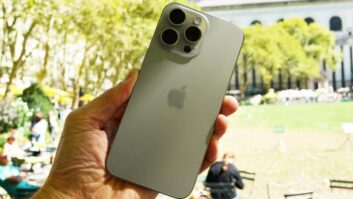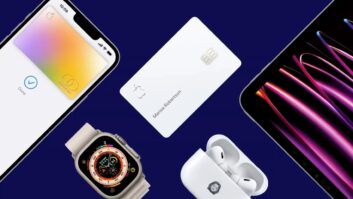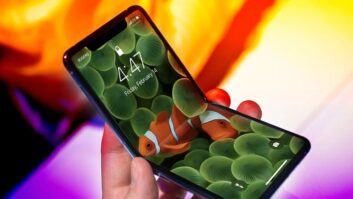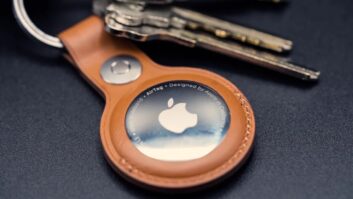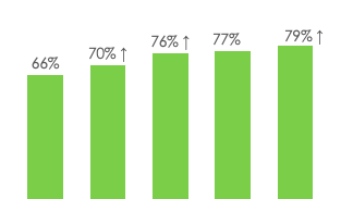Port Washington, N.Y.—As Apple unveiled its new iTV set-top box and iTunes 7 with movie downloads, notably absent from the product launch was the long rumored iPhone MP3/cellphone.
Research firm The NPD Group estimates that Apple will hold off on the iPhone for as long as possible, according to industry analysis director Ross Rubin.
Apple had been hinting at offering a music-enabled cellular phone with Motorola, but Rubin said, “I don’t think Apple is in any hurry to come to market with an iPhone simply because there’s still strong growth in the stand-alone music player. They will likely hold off on the product for as long as they can. It just involves a lot of difficult business issues, assuming they are actually going to create an iPhone, which they hint toward.”
While overall growth in MP3 players is slowing, it is still tracking at about 20 percent. Last year’s growth over 2004 was measured in triple digits, at more than 180 percent in sales to consumers, falling to almost 23 percent unit growth in 2006 from 2005, said Rubin. Dollar volume growth rates have slowed at a similar rate this year, down to under 20 percent from more than 125 percent last year, he said.
One key issue that might delay the iPhone is that Apple might be forced to become a cellular service provider of sorts in order to successfully market the product.
Rubin noted that part of the iPod’s success and the resurgence of the Mac has been sales through Apple stores. Most cellular phones, however, are sold through carrier stores, and the carriers do not have a history of aggressively supporting higher end devices. “Many handset manufacturers are frustrated that the carrier channel does not aggressively up-sell,” he said.
Apple can work around that by becoming a mobile virtual network operator (MVNO) that buys airtime from a carrier and then markets the service under its own name, like Virgin Mobile for example. But “not only do they have no experience in that market, it would be a new business direction for them and the MVNO business at this point, with the possible exception of Virgin Mobile, has been tough in the early going and it is very crowded,” Rubin said. Apple would have to start thinking about things like roaming charges and coverage and “a lot of issues beyond creating a nice sleek device,” he added.
On Sept. 12 Apple launched, a new line of iPods offering incremental advances such as longer battery life and improved screen plus video games. (Please see Apple Launches Movie Downloads, New iPod, nano, shuffle)
Regarding Apple’s new set-top box strategy, Rubin believes, as other analysts do, that Apple could indeed consummate the industry’s 15-year quest to marry the computer and the living room TV.
Rubin called the new iTV “a dramatic advance,” but noted it remains to be seen how well Apple executes on the product. Until now, he said, wireless video devices that stream video to a TV from a PC have offered less-than-stellar performance.
Most streaming video devices for the TV rely on Wi-Fi 802.11a or 802.11g, with a relatively slow throughput (54Mbps ideally, but less in actual performance) leading to interference problems, capacity problems and picture quality issues, he said. By next year however, early products running on a new 802.11n Wi-Fi platform, at 600Mps, are expected to appear on the market and could compete with the iTV. Products may also enter the market using ultra wideband technology, which would also deliver improved video performance, Rubin said.
Rubin said the iTV appears to offer an Ethernet connection and an HDMI connector for connection to high-definition TV sets. He believes the product will also support standard TV.
Apple unveiled the iTV yesterday at a conference in San Francisco offering few product details. The product is expected to carry a $299 price for delivery in the first quarter of next year.




